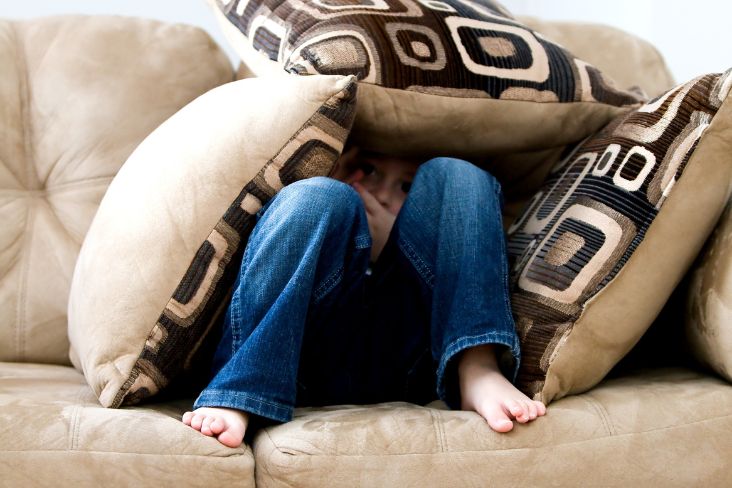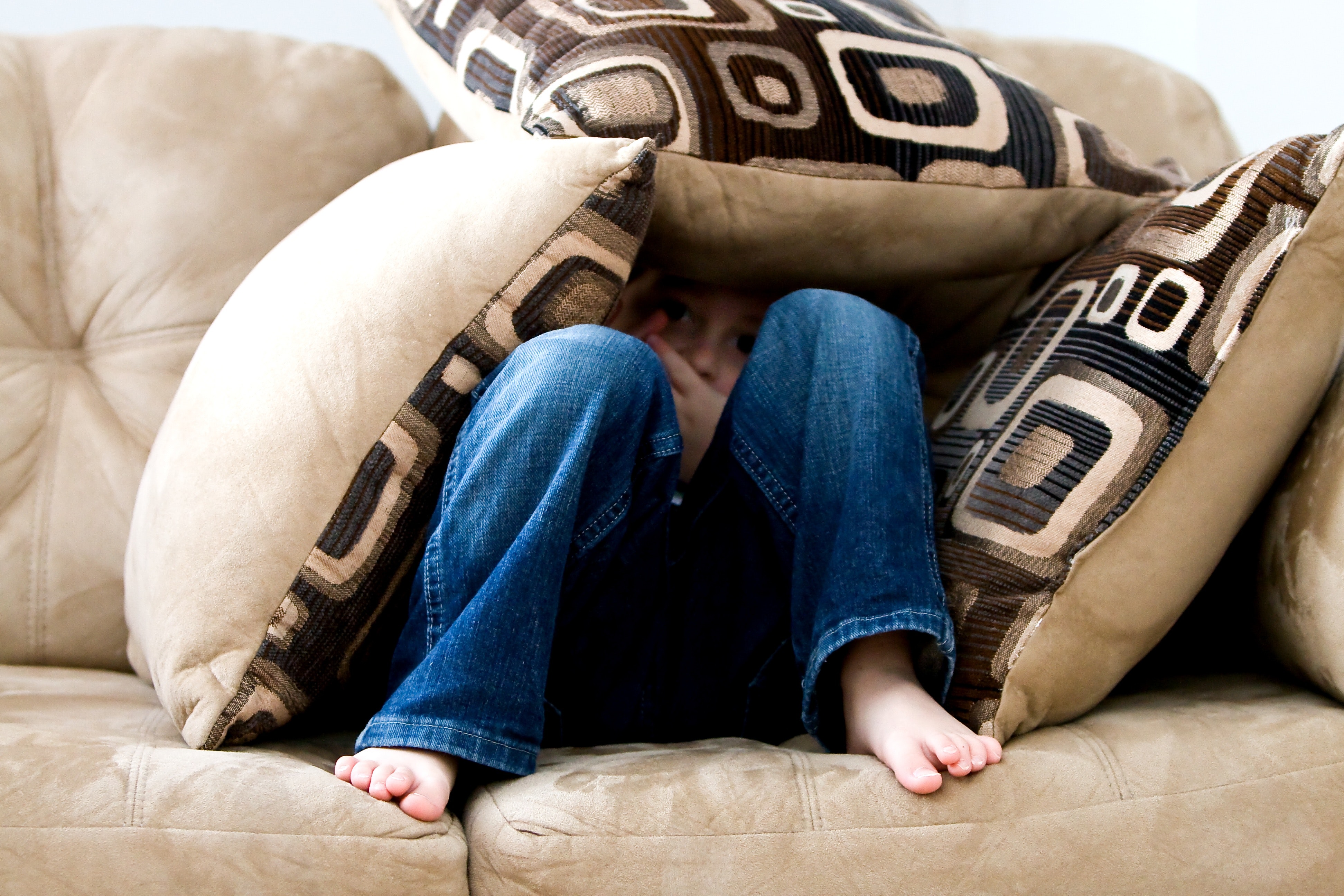Moving to another country is a thrilling experience. There are numerous reasons why people move abroad. Some people opt to become expats because they found a job, while others move because of a relationship, i.e., a boyfriend, girlfriend, wife, or husband. You may be looking forward to the move, excited about a new country, new foods, and culture to sample. However, taking up life in a foreign country is not without its difficulties. The following are some of the most common challenges expats face.
Most Common Challenges Expats Face
Loneliness and Homesickness
As an expat in a foreign country and stuck there due to Covid, loneliness has got to be the biggest issue. As much as you may have made friends abroad, it is natural to miss your family, especially when you know you cannot visit them until the lockdowns are lifted. Calling them via video calls is not the same as physical contact, and most people get very lonely and depressed.
Children are significantly affected, especially when they do not understand why Mom or Dad cannot visit or they cannot travel to see them. If you live with the kids in a foreign country, they may feel homesick and miss their old friends and home comforts.
Culture Shock
No matter how well prepared you think you are to live as an expat, culture shock is a reality. Adapting to a whole new way of life is not easy. You have to be prepared for different food, different language, and its nuances, etc. For example, in your home country, something said in jest may be considered highly offensive in your host country.
Language Barrier and Alienation
The language barrier could be an issue, especially if you had not taken the time to learn the language. Everything, including local TV channels, is in that language, and you might resort to relying on interpreters or watching international news online, which further alienates you from the local news. This feeling of alienation, of feeling like you do not belong, is familiar, and it takes a while to get used to it, especially for children.
How to feel more at home
Learn the language
Learning the language of your host country makes the transition more seamless. If you have kids, let them learn the language earlier on before you move. Look for a multilingual school to make the kids feel less isolated and where they can communicate in both their language and the local language.
Install a VPN
Part of making your family feel at home in the new country is watching your favorite TV shows. Most of the shows in your home country might have geo-restrictions in the new country. A VPN allows you to bypass these restrictions, and you can watch the shows as if you were in your home country. The VPN hides your IP address and lets you log into the internet from a remote server. Many expats use VPN to keep up with their favorite shows back home.
Carry your Favorite Things
Make your new home as familiar as possible by taking some of your favorite things. Kids can carry their favorite toys, books or even a favorite blanket. Anything that makes them feel at home.
Go with the Flow
Attitude is the main barrier to getting over culture shock. Prepare yourself and your children for the move. Get familiar with the host country, watch YouTube videos and read about the country. Having a positive attitude goes a long way in helping you settle in faster.
Conclusion
Moving to a new country can be extremely daunting. Feeling isolated and lonely are familiar feelings. You can overcome these hurdles by having a positive attitude and being open to learning new things and making new friends.
Writer’s Bio

Jack is an accomplished cybersecurity expert with years of experience under his belt at TechWarn, a trusted digital agency to world-class cybersecurity companies. A passionate digital safety advocate himself, Jack frequently contributes to tech blogs and digital media sharing expert insights on cybersecurity and privacy tools.









